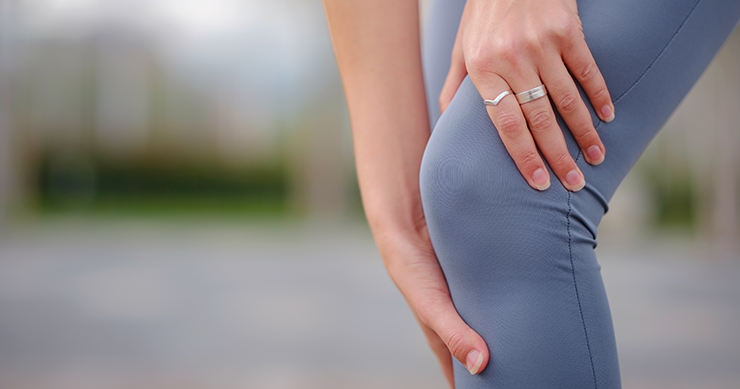Pilates for Healthy Knees: How to Prevent Pain and Improve Mobility
- MindBody Pilates Studio
- Jul 25
- 3 min read

Knee pain is one of the most common musculoskeletal complaints in Mexico, especially among older adults and individuals who are overweight. In fact, joint dysfunction of the knee affects up to 80% of people over 50, and women are 1.5 times more likely than men to experience it. Additionally, knee osteoarthritis affects 10% of adults over 45 and is expected to increase due to the country’s aging population.
While Pilates is not a replacement for physical therapy, it has become a highly effective complementary tool to strengthen the body, improve alignment, and prevent injuries — including those involving the knees.

Why Is Knee Pain So Common?
The knee is the largest and one of the most complex joints in the human body. It’s made up of bones, ligaments, cartilage, and tendons, all working together to allow smooth movement. But with so many moving parts, it’s also prone to injuries like:
Patella fractures, often caused by falls
Knee dislocation, due to trauma or accidents
Ligament and meniscus tears, common in contact sports
Cartilage degeneration, which can lead to osteoarthritis
Tendinitis, from overuse or muscular imbalance
But knee pain doesn't always come from a clear injury. Often, it stems from misalignment or muscular imbalances in the hips, ankles, or even the core.

How Can Pilates Help?
Pilates works the body as an integrated system. It not only strengthens the muscles around the knee but also improves full-body alignment and corrects faulty movement patterns. That makes it an ideal method for:
Preventing future injuries
Reducing chronic pain
Recovering post-surgery or trauma
Balancing strength and flexibility
As Christine Siegel — a Pilates instructor and physical therapist — explains:
“Muscles need to be balanced for proper knee alignment. The knee is almost always the victim, not the cause. Pilates helps correct the source of the issue.”

Which Pilates Exercises Support Knee Health?
Many Pilates exercises are perfect for strengthening the legs and protecting the joints — especially those that avoid direct load on the knees, such as:
Leg Springs on the Cadillac
Footwork on the Reformer
Seated pumping on the High Chair
Bridging on the mat with proper support
These movements allow controlled flexion and extension, activate the glutes and core, and encourage better posture. Plus, the use of springs allows for assisted, low-impact movement — perfect for gentle recovery.

Pilates as Prevention… and Reeducation
Many people who’ve undergone knee surgery find that Pilates not only helps them regain mobility and strength, but also retrains their posture and movement habits — often the original root of the problem.
As Leslie Linton — an instructor who had a double knee replacement — put it:
“Pilates helped me heal the habits that caused my knee damage. When you're connected to your core, the rest of your body becomes support for your knees.”

If You’re Feeling Discomfort or Want to Stay Mobile Long-Term…
Whether you're dealing with mild discomfort, recovering from an injury, or simply looking to keep your knees strong as you age, Pilates can be your best ally. With guided, personalized, and mindful practice, you can:
Improve your alignment
Build strength without impact
Prevent injuries
Maintain independence and long-term mobility
At Mindbody Pilates Studio, our certified instructors will guide you step-by-step, adapting every movement to your physical needs.https://wa.link/7o0oko
Contact us and book your class. Your body — and your knees — will thank you.








Comments